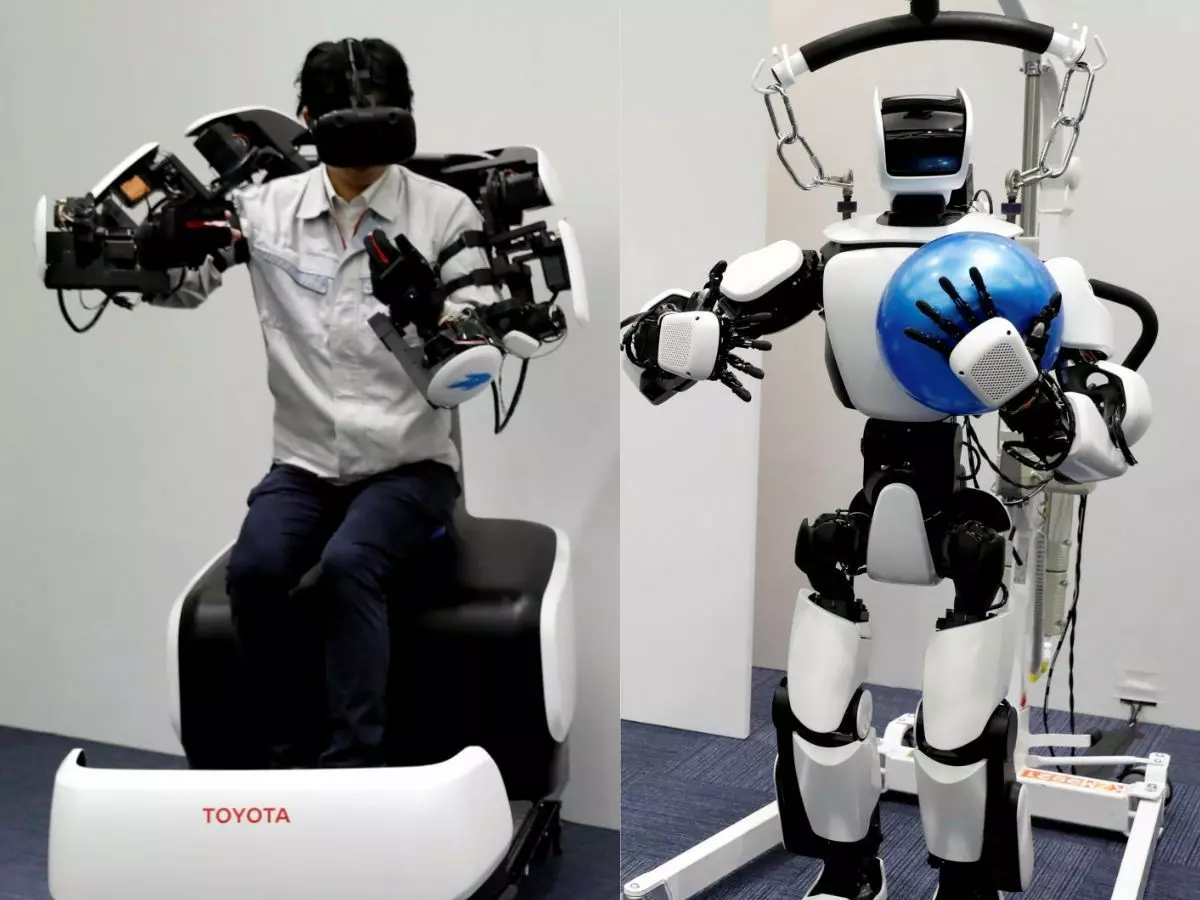Robots Aren¡¯t Taking Over Human Jobs Anytime Soon As They Need Our Help To Get Things Done
A recent report by the Wall Street Journal reveals that this might not actually be the case. According to the report while robots are designed to be autonomous and replace humans in doing certain tasks theyre far from ready. Such jobs could be outsourced in countries where the cost of labour isnt high -- countries like India.

We all fear that robots are on the verge of taking away human jobs while gradually spiking the rate of unemployment across the globe.
However, a recent report by the Wall Street Journal reveals that this might not actually be the case. If anything, it would help us get more jobs.

Reuters
According to the report, while robots are designed to be autonomous and replace humans in doing certain tasks, they're far from ready. Even today, when a robot is trying to function autonomously, a human is actually observing it from the background and keeping tabs on it to take control, if things start to go south. This also trains the robot to get better with its machine learning and minimise errors along the way.
Controlling Delivery Robots
The report gives the example of Michael Niedermayer, who used to fly drones for the U.S. Army and CIA on battlefields in Iraq. He now he pilots delivery robots in San Francisco for a startup called Postmates to deliver Burritos to people's doorstep efficiently and quickly.

Reuters
Security Robots In Offices
Another cool example on this list was of Mimi Kongnarinh, who operates a security surveillance robot at Cobalt Robotics. She moves across the office space in 8-12 hour shifts, all while sitting in her cubicle. The robot has cameras installed on it that keeps on providing live feed to her screen.
Moreover, through the robot, she can also interact with people with the built-in microphone and speakers. She can also ask for ID's if she notices someone unusual, which the robot can scan on the built-in scanner in the front. This method is not only helpful in saving labour cost, but it also delivers optimum performance at all times, as the robot doesn't fatigue as humans do.
Driving Not-So-Autonomous Cars
While Tesla has made driver-less cars mainstream, it is still not completely reliable. Even when you look at the law for self-driving cars, right now it states that the car must have a safety driver present in the driver's seat (which is also the case in Tesla autopilot cars). However, engineers have developed ways to remotely drive the car -- a sort of 'human supervisory control' which are currently being tested by Alphabet Inc.'s Waymo as well as by Japanese carmaker Nissan.

Phantom Auto
According to Phantom Auto -- another company that is working on remote-controlling cars, and other kinds of vehicles, the shift to remote operation could help in bringing employment for people who used to drive for a living. All they need is a valid driver's license and a clean record and they're pretty much good to go. The training process takes around three weeks.
Jobs For Controlling Robots
Such jobs could be outsourced in countries where the cost of labour isn't high -- countries like India -- whether it is driving cars, delivery robots, or construction vehicles. We already have nailed the business outsourcing segment, with so many brands in IT and finance setting up their customer service and other back end processes in the country. Something like this could be perfect for our nation.
So it looks like robots cannot truly take over human jobs, not yet at least.
